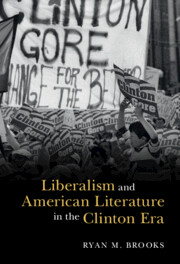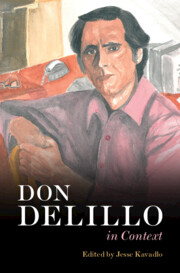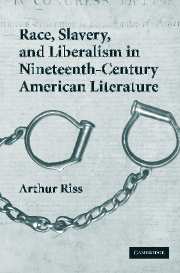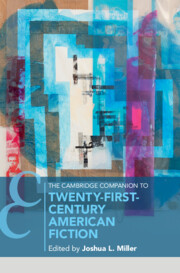Liberalism and American Literature in the Clinton Era
Liberalism and American Literature in the Clinton Era argues that a new, post-postmodern aesthetic emerges in the 1990s as a group of American writers – including Mary Gaitskill, George Saunders, Richard Powers, Karen Tei Yamashita, and others – grapples with the political triumph of free-market ideology. The book shows how these writers resist the anti-social qualities of this frantic right-wing shift while still performing its essential gesture, the personalization of otherwise irreducible social antagonisms. Thus, we see these writers reinvent political struggles as differences in values and emotions, in fictions that explore non-antagonistic social forms like families, communities and networks. Situating these formally innovative fictions in the context of the controversies that have defined this rightward shift – including debates over free trade, welfare reform, and family values – Brooks details how American writers and politicians have reinvented liberalism for the age of pro-capitalist consensus.
- Offers a new understanding of 'left' neoliberalism within contemporary literary culture
- Offers an interdisciplinary perspective on contemporary literature and politics
- Offers a new account of the 'post-postmodern' period in American fiction
Product details
June 2022Hardback
9781316519813
280 pages
236 × 159 × 22 mm
0.533kg
Available
Table of Contents
- Introduction: Try for a moment to feel this
- 1. The varieties of American neoliberalism
- 2. 'The Family Gone Wrong': experimental literature and conservative politics
- 3. Post-political form
- 4. 'SUPERNAFTA' vs. 'El Gran Mojado': alternative fictional realities and the fight for free trade
- Afterword: Then we came to the end.






